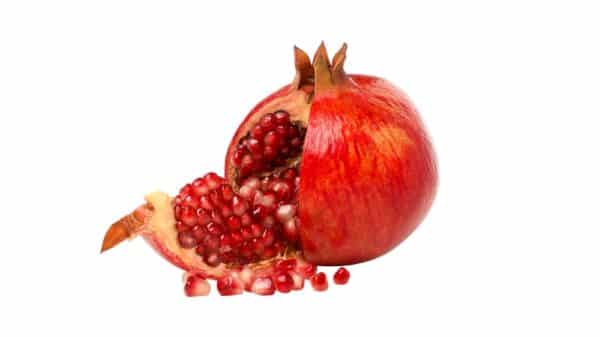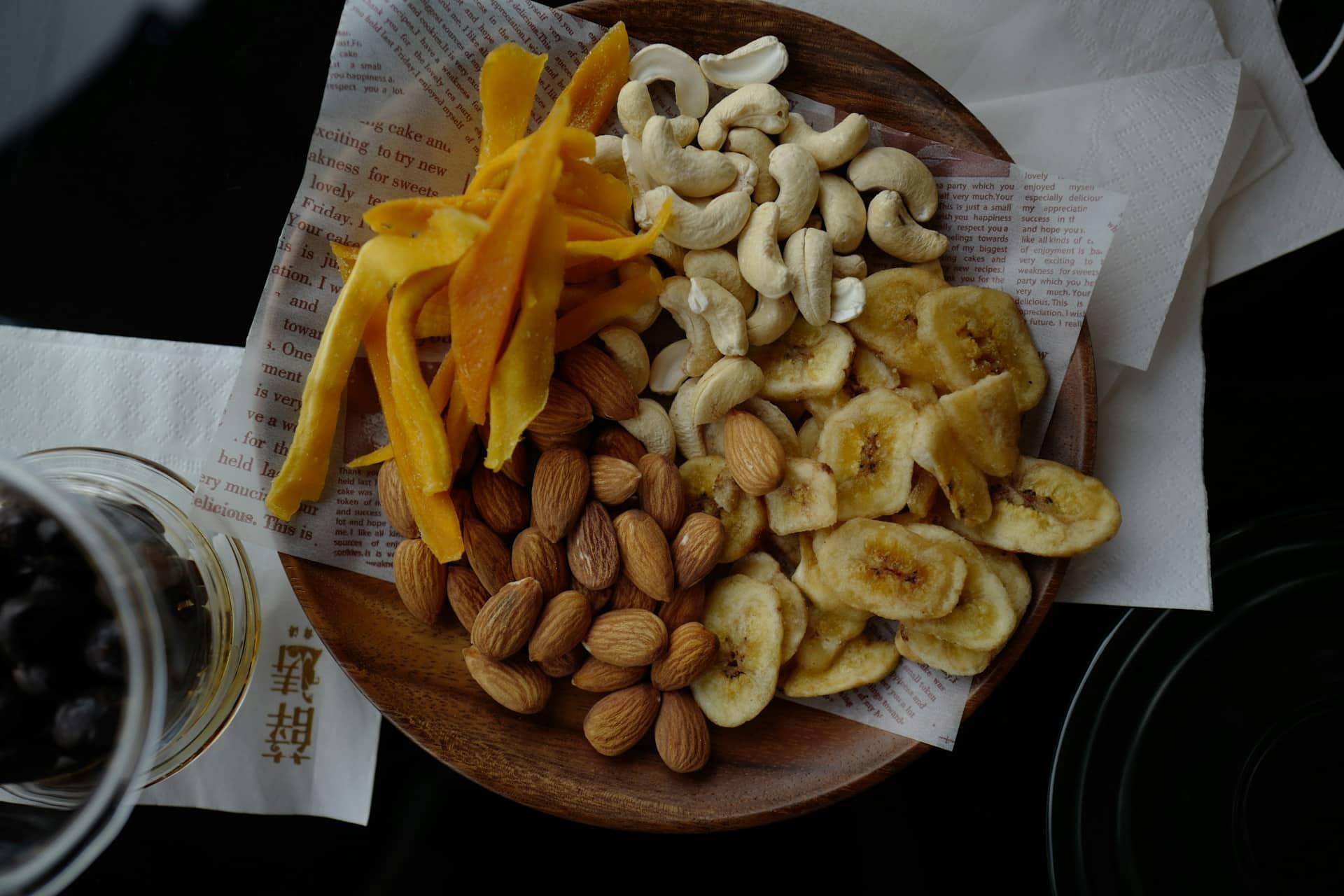Turning 40 is a significant life milestone that comes with various emotions—reflecting on past achievements, contemplating future goals, and considering your health in a new light. As the age of chronic diseases such as heart disease, cancer, and dementia looms closer, many feel the urgency to adopt healthier habits. Research shows that making informed dietary choices can significantly impact your longevity and well-being.
The Mediterranean Magic: Olive Oil
Incorporating olive oil into your cooking is one of the best decisions you can make for your health. Celebrated for its role in the Mediterranean diet, olive oil boasts a favorable fat profile enriched with polyphenols. These plant-based compounds are known for their antioxidant and anti-inflammatory properties.
A focus on reducing inflammation can be crucial in preventing chronic diseases, particularly as you age. Interestingly, studies suggest that just half a tablespoon of olive oil daily may decrease the risk of mortality associated with dementia by as much as 28%. It’s a simple addition that can yield profound benefits.
Nutty Nutritional Benefits
Nuts are not just a delightful snack; they are superfoods brimming with health advantages. Regularly consuming nuts has been associated with a reduced risk of conditions like type 2 diabetes, heart disease, and even certain cancers. For example, research indicates that women who snacked on three servings of nuts weekly reported better overall health and longevity.
Walnuts, in particular, stand out for their benefits in promoting healthy aging. Their combination of healthy fats, protein, and fiber makes them a perfect addition to any dietary routine.
Dark Leafy Greens: A Smart Choice
Integrating dark leafy greens into your meals can be an empowering health strategy after the age of 40. Varieties such as kale, spinach, and Swiss chard not only enhance cognitive function but also bolster heart health and strengthen bones.
Studies indicate a notable link between high consumption of fruits and vegetables—especially leafy greens—and slower cognitive decline. These greens are rich in folate and antioxidants, which contribute to improved brain health. A clever approach to incorporating these will go a long way in enriching your overall well-being.
The Versatile Flaxseed
Flaxseed serves as a low-effort way to boost your daily fiber intake while delivering essential nutrients. Adding just two tablespoons of ground flaxseed to your dietary staples can yield significant health benefits, including four grams of fiber—approximately 14% of the daily recommended intake.
Flaxseeds also offer a wealth of omega-3 fatty acids, known for their anti-inflammatory properties. For women undergoing perimenopause, these seeds can help balance estrogen levels and mitigate symptoms like hot flashes, making them a tremendous ally.
Teff: The Wholesome Grain
Teff, often overshadowed by quinoa, is making its mark as a nutritious whole grain. This gluten-free grain has been a staple in Ethiopian cuisine for centuries and is now gaining traction around the globe. Regular consumption of whole grains like teff is linked to longer lifespan and decreased disease risk in midlife.
Teff is particularly nutritious, packed with protein, fiber, and essential minerals, making it an excellent addition to your pantry as you strive for a healthier lifestyle.
Conclusion: Proactive Choices for a Healthier Future
Turning 40 can serve as an awakening to prioritize health. By integrating foods like olive oil, nuts, dark leafy greens, flaxseed, and teff into your diet, you can set the course for better health in your later years. Each small change compounds, leading to a more vibrant and fulfilling life as you move forward. Making these adjustments now will pay off immensely as you continue to age gracefully.
Image Source: Unsplash































